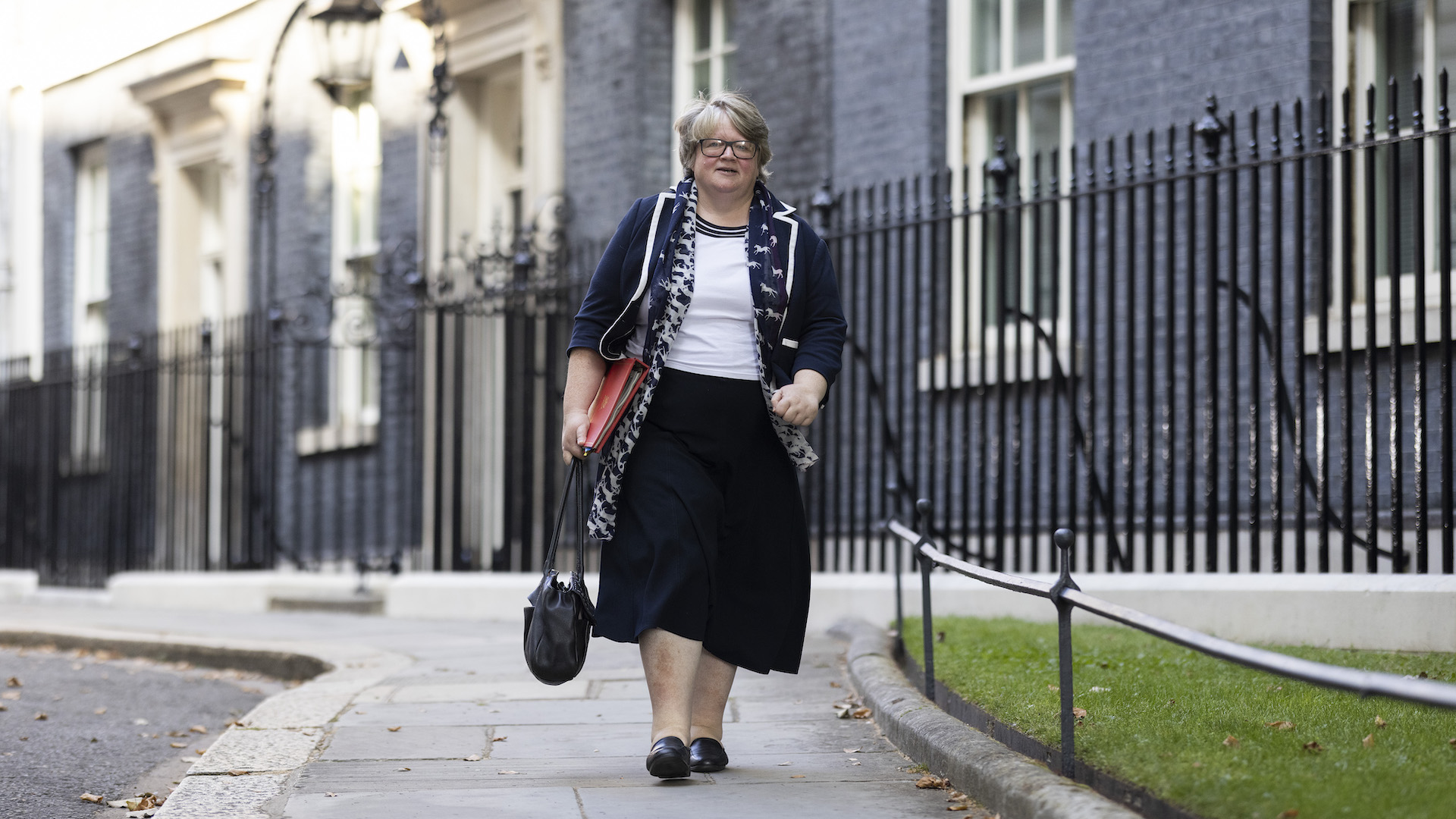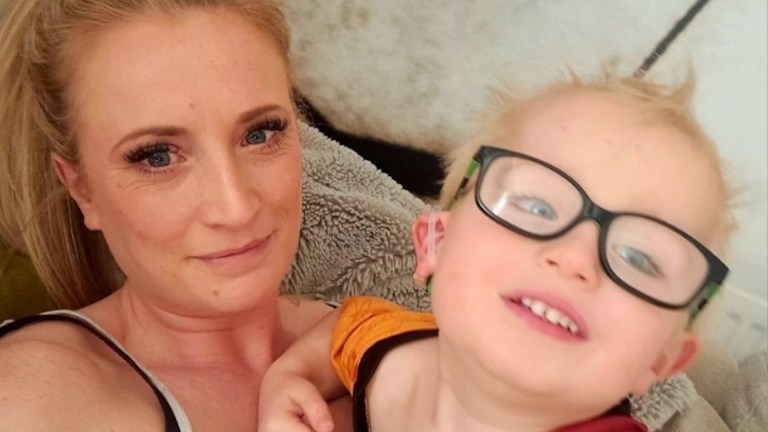A government crackdown putting thousands of universal credit claimants at risk of widely-condemned payment cuts comes into force today, February 8.
The Department for Work and Pensions (DWP) scheme is reducing the time a person has to find a job which suits their experience from three months to one, at which point they could be sanctioned and pushed deeper into hardship.
If, after four weeks from making their initial claim, they cannot prove they are making “reasonable efforts” to find a job in any sector, or if they are found to have turned down a job offer, they could be handed sanctions which experts have linked to rent arrears and increased food bank use.
The so-called Way to Work scheme will only target those deemed able to work by the DWP, but disabled people have warned this can mean claimants face a choice of being pressured to find work which affects their health or risk being pushed into poverty by sanctions.
“Claimants will not even have received their first universal credit payment and employers will scarcely have had time to complete the recruitment process [before sanctions could be handed out],” said David Webster, honorary senior research fellow in social and political sciences at the University of Glasgow. “The main effect may well be to deter workers with significant skills or experience from claiming benefit at all.
“This is before we even consider the damaging effects on claimants who actually experience sanctions,” he added. “Physical and mental ill health, hunger, homelessness, debt and survival crime, have all been extensively documented consequences.”









